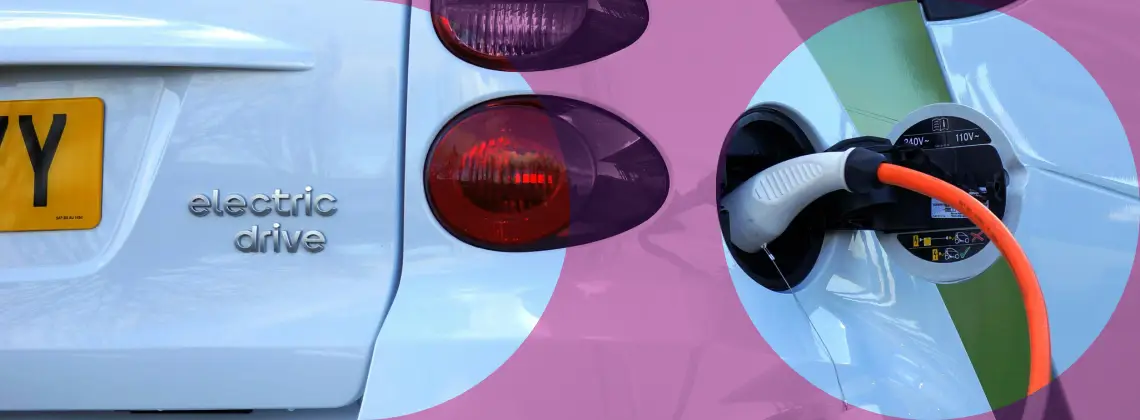Lexicon
What is a green economy?

What is a green economy? It’s a term that has gained considerable importance as companies seek sustainable solutions to challenges.
This short guide is a must for your ESG training. It explores the essence of a green economy, focusing on its integration into global economic structures to promote environmental sustainability while fostering economic growth and development.
What is a green economy?
A green economy is an economic system that reduces environmental risks and ecological scarcities while aiming for sustainable development without degrading the environment.
Proponents usually say that it’s built on investments in economic activities that enhance environmental quality and ecosystem reliability—such as renewable energy, efficient waste management, and water conservation—while also providing job opportunities and economic growth.
In short, it’s meant to drive green progress in a way that significantly reduces environmental threats and ecological bottlenecks.
What does a green economy involve?
Experts usually interpret this with subtle differences, but a standard answer is that it involves a broad spectrum of activities and sectors that contribute to reduced carbon emissions, enhanced energy and resource efficiency, and biodiversity conservation.
Depending on the industry or business we’re talking about, key elements include:
- Renewable energy sources
- A reduction in fossil fuel use
- Sustainable transportation
- Green supply chains
- Sensible, sustainable resource extraction
- Reduced waste
How do individual companies fit into the green economy
The concept might seem “macro” enough that individual companies – and their boards – need not worry about it. As you might have guessed, it doesn’t really work that way.
The first thing companies need to decide is whether they will pursue green economic principles. Depending on your company’s circumstances, your stakeholders might want this to happen, or local rules might force it to happen. Perhaps neither, perhaps both.
If your company does adopt green politics, the key is integrating sustainable practices into strategy. This includes exploring all the options above and deciding how your company can stay successful while pursuing these goals.
How can I successfully integrate green economic policies and company strategy?
Initially, you should conduct thorough sustainability audits to understand the environmental impact of each strategic business goal.
Based on these insights, you can set clear, achievable sustainability goals that are aligned with broader business objectives.
Investing in green technologies and practices is crucial, as is fostering innovation that promotes sustainability.
Furthermore, you should engage with stakeholders—employees, customers, suppliers, and the community—to build support and collaboration for their green initiatives. Regular reporting on sustainability efforts also promotes transparency and accountability, enhancing corporate reputation and stakeholder trust.
In summary
A green economy features businesses that incorporate green policies into their corporate strategies. As stakeholders increasingly demand sustainable practices, companies that proactively integrate green economic policies generally benefit from enhanced competitiveness, improved customer loyalty, and access to new markets.

